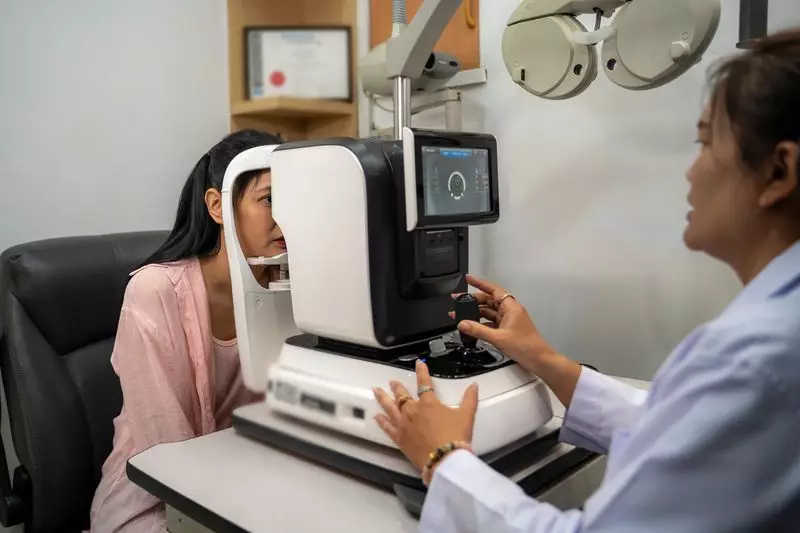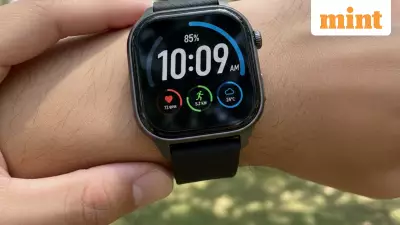
Diabetes has become a silent epidemic affecting millions of Indians, and the real danger lies not just in the diagnosis but in the devastating complications that often follow unnoticed. Medical experts are raising urgent alarms about how uncontrolled diabetes systematically damages vital organs, leading to irreversible consequences including vision loss, limb amputations, and premature death.
The Silent Progression of Diabetes Complications
What makes diabetes particularly dangerous is its ability to cause significant damage before patients even notice symptoms. Dr. Ajay Kumar Ajmani, a senior endocrinologist, emphasizes that many patients only seek medical attention when complications have already advanced significantly. The condition quietly affects multiple body systems over time, with eye, kidney, and nerve damage being among the most common and devastating outcomes.
Statistics reveal a concerning picture: approximately one-third of diabetic patients develop some form of eye complication. Diabetic retinopathy, a condition where high blood sugar damages the retina's blood vessels, stands as a leading cause of preventable blindness among working-age adults in India. The progression is often gradual, with vision deteriorating so slowly that patients may not notice until substantial damage has occurred.
Protecting Your Vision from Diabetes
Regular eye examinations are crucial for early detection of diabetes-related vision problems. Medical professionals recommend that all diabetic patients undergo comprehensive eye check-ups at least once yearly. These examinations can detect subtle changes in the retina long before patients notice vision changes, allowing for timely intervention that can prevent permanent blindness.
Beyond regular screening, maintaining optimal blood sugar levels through medication, diet, and exercise significantly reduces the risk of developing diabetic retinopathy. Blood pressure control also plays a critical role in preserving vision, as hypertension can accelerate eye damage in diabetic patients. The combination of good glycemic control and regular specialist check-ups forms the strongest defense against diabetes-related blindness.
The Critical Importance of Foot Care in Diabetes
Diabetes-related limb complications represent another major concern, with foot problems being particularly prevalent. Diabetic neuropathy causes nerve damage that reduces sensation in the feet, meaning minor injuries like blisters or small cuts can go unnoticed and develop into serious infections. Similarly, peripheral vascular disease impairs blood circulation to the extremities, slowing healing and increasing infection risk.
Simple daily foot care practices can prevent catastrophic outcomes. Doctors strongly advise diabetic patients to examine their feet thoroughly every day, looking for any cuts, blisters, redness, swelling, or nail problems. Additional protective measures include wearing appropriate footwear, never walking barefoot, keeping feet clean and moisturized, and trimming nails carefully. These simple habits can mean the difference between healthy feet and amputation.
Warning signs that demand immediate medical attention include foot ulcers that don't heal, changes in skin color or temperature, unusual swelling, and ingrown toenails. Early treatment of foot problems can prevent minor issues from escalating into limb-threatening conditions.
Comprehensive Diabetes Management Approach
Effective diabetes management extends beyond blood sugar control to address the condition's multifaceted nature. Regular monitoring of kidney function through urine and blood tests helps detect early signs of diabetic nephropathy, allowing for interventions that can slow or prevent kidney failure. Similarly, cardiovascular assessments are essential since diabetes dramatically increases heart attack and stroke risk.
Patients should maintain a collaborative relationship with their healthcare team, including primary care physicians, endocrinologists, ophthalmologists, and podiatrists. This multidisciplinary approach ensures all potential complications are monitored and addressed proactively rather than reactively.
Beyond medical interventions, lifestyle modifications including a balanced diet, regular physical activity, stress management, and avoiding tobacco play pivotal roles in complication prevention. Even modest weight loss (5-10% of body weight) can significantly improve blood sugar control and reduce complication risks.
The message from healthcare professionals is clear: diabetes demands respect but shouldn't inspire fear. With proper education, consistent monitoring, and comprehensive care, most diabetes-related complications are preventable. The power to protect your vision, preserve your limbs, and prolong your life largely rests in committed daily management and regular specialist care.





